Ukraine war: Russia’s casual savagery is seared into its soul
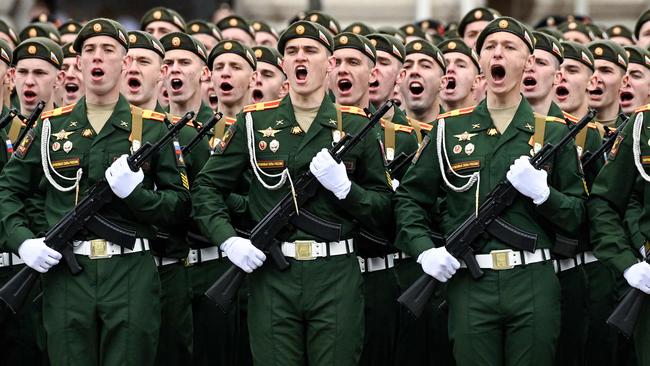
Yet for all our “propaganda” no one has been more surprised than the West. “Terrible things happen in war”, of course. We have only to think of the family in Kabul obliterated last summer by an American drone strike because they had been mistaken for terrorists planning an attack on the airport. But even so there has been a particular quality to the behaviour of Russian troops in Ukraine. And also, as far as we can tell from recordings of intercepted conversations between some of them and their relatives back home, a casual brutality towards all Ukrainians. It’s a callousness that has extended to the treatment of their own casualties, with little effort made to rescue the wounded or recover the dead. All this has shocked us, and the question that begs to be answered is: why are they like this?
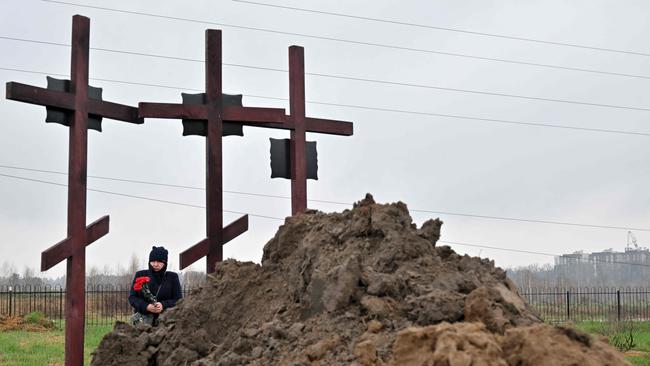
One answer is that they are reacting to the continuous depiction in Russia of Ukrainians as being mostly “Nazis” – that is, (since this is not an analytical term) folk devils. Another is that the Russian army is poorly NCOed, badly led, ill-disciplined, resentful and made up of recruits many of whom were subjected to violent “hazing” after joining. They arrive on the battlefield already brutalised.
But there is something so cynical about this brutality, whether it’s the actions of the soldiers, the language of the vox pops on Russian streets or the threats from pundits on state-sponsored current affairs shows. It’s almost as if it comes from a place where such actions are seen as somehow inevitable, that always man will be wolf to man.
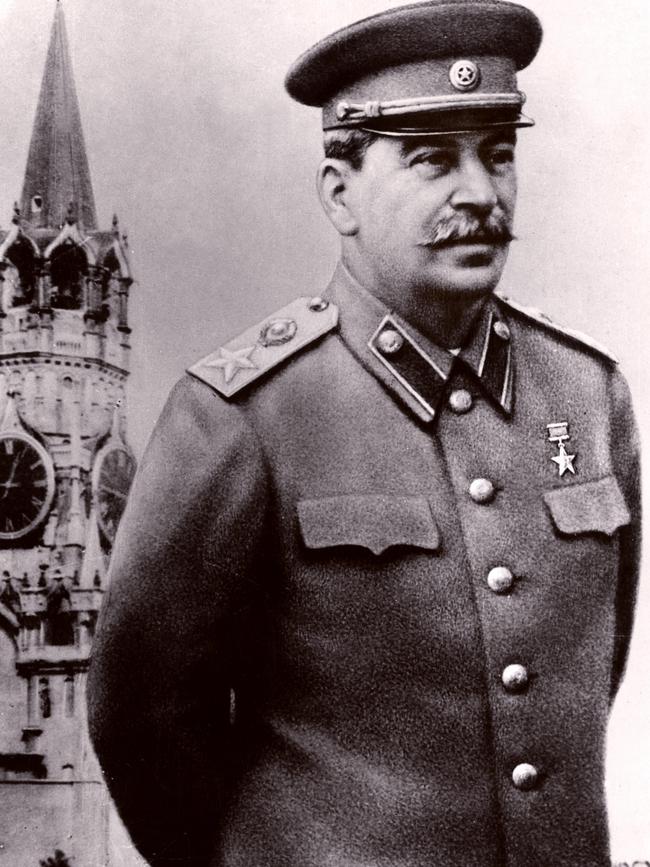
I’m not arguing that such a belief is intrinsic to Russians as people. They want the same things as we do: to be happy, for their children to thrive, to become grandparents, to have some say over their own lives, to watch a good serial on TV and go to Disneyland. But as Marx said, we are weighed down and hemmed in by our collective pasts, or rather, what we imagine our pasts to be. And the Russian past is centuries of brutality often dressed up for its citizens as glory, as millions of eggs necessarily broken to attain victory.
It is hard for us to imagine the psychological impact of this, but the background is that the Bolshevik era was marked by an appalling level of official murder and catastrophic policies right up to the mid-Fifties, for which no one was held to account. Between 1930 and 1953 the ruling elite of the Soviet Union presided over the deportation of several million kulaks, a famine in Soviet Ukraine that killed up to four million, the summary killing of up to 760,000 people, with 1.7 million more sent to the gulags where many perished.
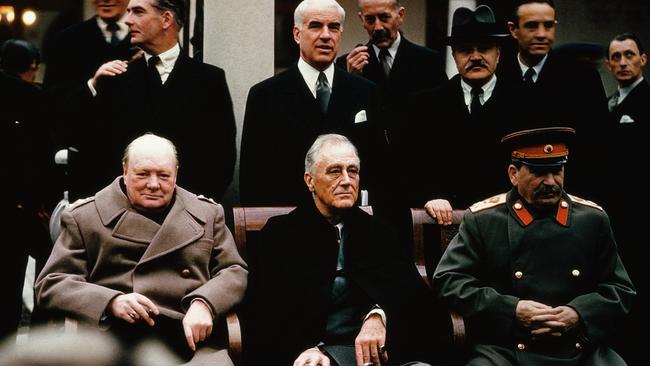
And no one was tried. No one imprisoned. The victims had no redress and at best could expect “rehabilitation”, very often posthumously. Unlike the Nazi leadership or its European collaborators, there were no Nurembergs, no cyanide suicides, no long stretches in jail. Whereas mad old Rudolf Hess ended his days in Spandau prison in Berlin in 1987 aged 93, his Soviet counterpart, 96-year-old Vyacheslav Molotov, succumbed to pneumonia in a Moscow hospital a year earlier. And his terrible colleague, the “Iron Commissar” Lazar Kaganovich, who in his declining years liked to sit on a bench in the park to chat to people, lasted till 1991.
Both had been intimately involved in all of Stalin’s greatest acts of mass murder. Both had helped shape and administer the policies that caused the Ukrainian famine. Molotov had been in charge of the mass deportation of kulaks, and both had signed off on the murder of people during the Great Terror.
One of the most chilling books I have read is the 1993 translation of Molotov Remembers, the edited transcripts of 140 conversations he had with a biographer, Felix Chuev, in the 17 years before his death.
It is wrong to call the tone “unrepentant”. Molotov did not feel he had anything but inevitable “mistakes” to be repentant for. What he had done had been for the best and, generally, had worked out well. Chuev taxed him with the murders of so many old comrades. Men like Jan Rudzutak. “He never confessed to anything about himself,” said Molotov. “He was executed by firing squad. A politburo member. I don’t think he was a conscious member of any faction but he was too easygoing about the opposition. That was unforgivable.”
Chuev asked Molotov about a case where, sent a list of women prisoners’ sentences for approval, he had altered one of 10 years in prison to being shot. “I was authorised to have access to this list and to amend it,” he told Chuev, “and so I did.” What was the charge against her, who was she, he was asked. “It’s of no importance,” replied Molotov.
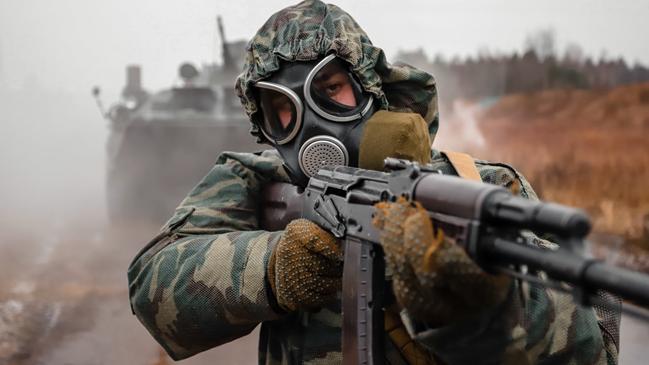
DeStalinisation led to no reckoning. Only during the brief period of perestroika and then after the fall of the Berlin Wall did it look as though there was a concerted attempt to get Russians to come to terms with their history. The archives were opened, books were published, museums established. But as the historian Irina Sherbakova, a founding member of the human rights organisation Memorial recalled in 2019, the early reformers leading Russia “lacked interest in history; they were in a rush to build a market economy. They didn’t see the link between successful economic reforms and the need for a vibrant civil society.”
So when things got tough and folk became nostalgic even for the bad old days, Vladimir Putin was able, gradually at first and then more completely, to end any attempt at a mass understanding of Stalinism and its brutalities. Stalin, meanwhile, was being psychologically rehabilitated. In December last year Sherbakova’s Memorial organisation was shut down by the Russian courts, but by then polls were showing 71 per cent of Russians saying they had a “positive attitude” towards Stalin’s role in their history. The head of the polling organisation Levada wrote that Stalin was seen as a severe leader “who could create order in the country”. Maybe a bit like you-know-who.
The young soldier sent to Ukraine was never taught in school about the Great Terror. It’s not on the curriculum. But what he has almost certainly absorbed, even if subliminally, is the great national lesson that brutality is simply inevitable and that it works.
The Times

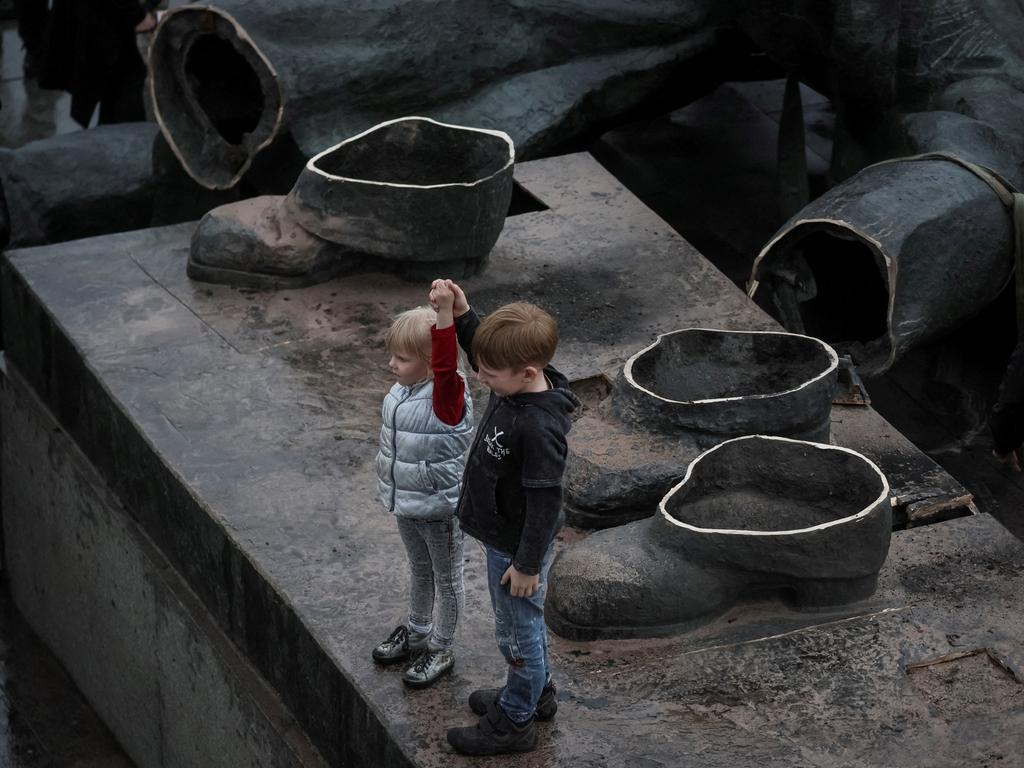
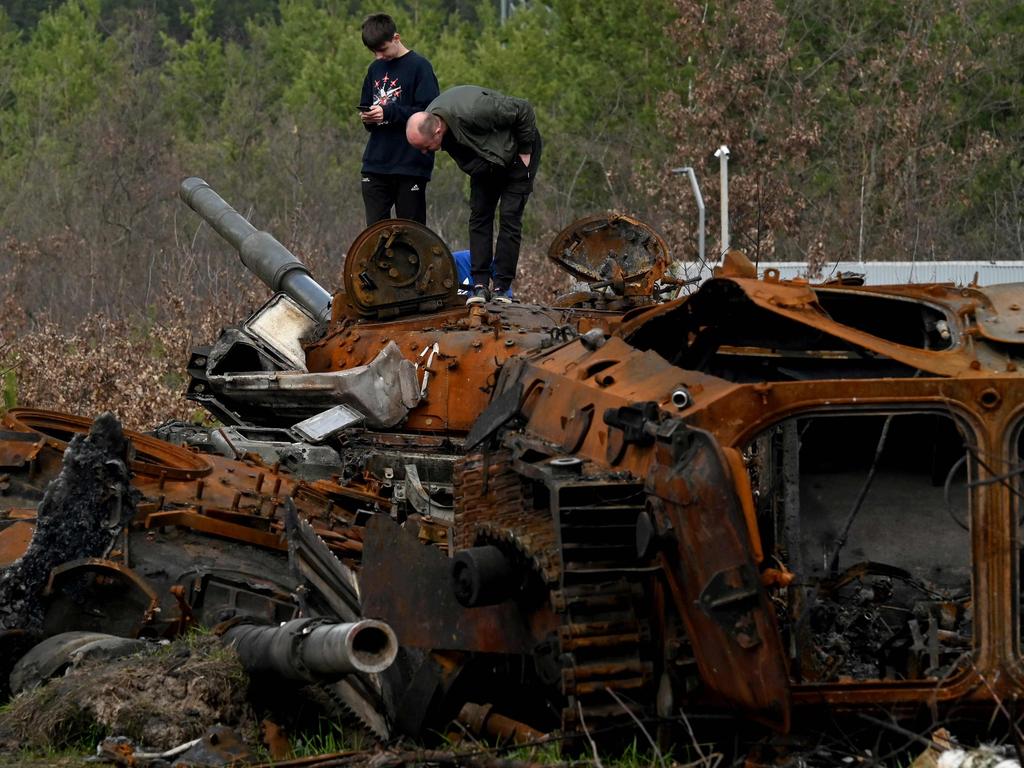
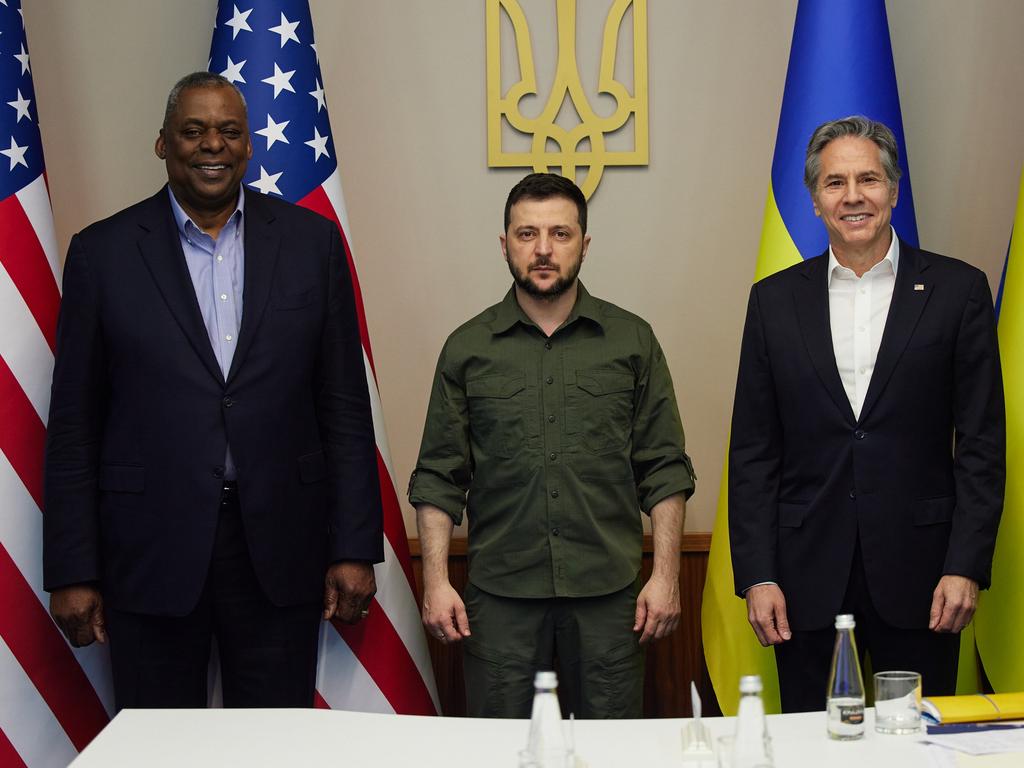



It was all western propaganda that Russia was about to invade Ukraine. It was all western propaganda, once the invasion had begun, to call it an “invasion”. It was all western propaganda that the ebbing Russian tide revealed the summary killing and torture of civilians and looting.